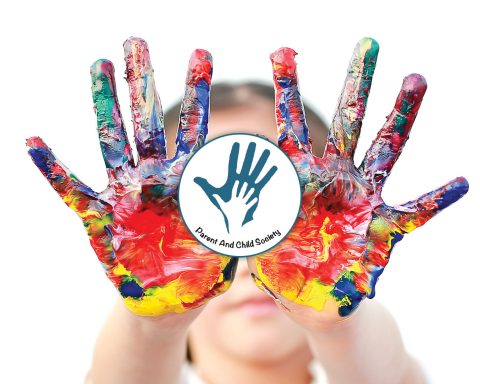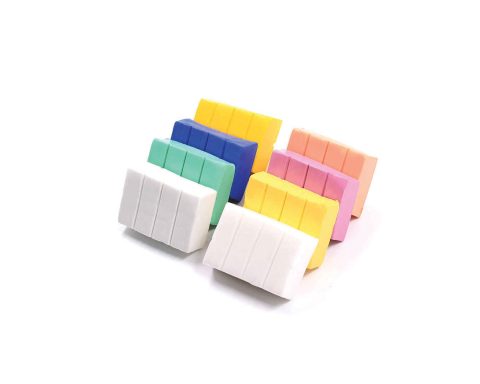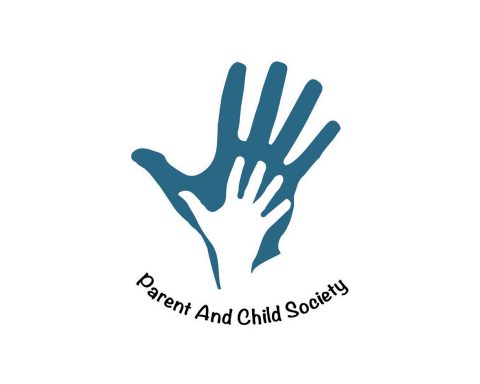
Not all children have living grandparents, but if yours are lucky enough to have grandparents who want to play an active part in their grandchildren’s lives, then count your blessings.
Whether they live nearby or whether they are long-distance grandparents who communicate via Skype, or whether they are biological or non-biological grandparents, it is important to nurture the grandchild grandparent relationship and wise parents will keep the flow of communication open by whatever means.
Becoming a grandparent is part of the cycle of life and for those in their twilight years there is nothing better than cradling a new baby in their arms and being in awe of the tiny human that is just beginning their life.
Studies have shown that the quality of relationships between the two generations has measurable consequences on the mental well-being of both. Researchers polled 2,000 British grandparents and discovered as many as 51% feel sad or depressed that they do not see their grandchildren as much as they want, with a further 14% saying they hardly see them at all.
Being a grandparent is an undeniable privilege and although we all know the old adage ‘at least we can hand them back at the end of the day’, there is a certain truth in the fact that grandparents usually benefit from quality time and often miss out on the stress and the tantrums. Very often grandparents are good role models and mentors, having a wealth of experience that they can pass on to the younger generation. Generally, grandparents have more time to devote to what are deemed to be the ‘fun’ elements of brining up children; playing, reading, exploring and learning. Engaging with the spontaneity naturally found in children can help to recapture lost passions and reconnect the oldies with their inner child, stirring those footloose feelings and emotions from a time gone by. Remember that grandchildren love unconditionally and we can all learn from their example.
Grandparents can also pass on valuable life skills and hobbies, both consciously and unconsciously, some of which may be lost unless they are passed down from generation to generation. There is also a whole wealth of knowledge that grandparents have to divulge about the past that can contribute to preserving the family history. However, we mustn’t forget that it can work both ways and grandchildren can be just what the doctor ordered for the older generation who can sometimes be stuck in their ways. The little ones in their life can keep them up-to-date with current trends, help them to see things from a new perspective and teach them new skills such as how to use digital technology, or maybe even how to floss (that’s the dance not the dental procedure)!
With the ‘Baby Boom’ now becoming the ‘Grandparent Boom’ there are more grandparents than ever, but some have less contact than they would like and grandparents’ groups in the UK have been campaigning for over a decade to make the law and policy around post separation or divorce easier for grandchildren to see their grandparents. There are also an increasing numbers of grandparents who are solely caring for their grandchildren during the day or who have full legal custody of their grandchildren, making them surrogate parents and ultimately resulting in them having a particularly strong influence over their upbringing.
Grandparents are also the biggest fans of the achievements of their grandchildren – and the proudest! Simply having the love and support of grandparents can make a huge difference to a child’s confidence and self-esteem.
So whether it’s through practical help such as offering childcare, or emotional support such as providing a shoulder to cry on when a grandchild is having a tough time at school, at home or because of bullying, grandparents are often utterly indispensable and a lot of families would struggle to keep going without them. Cherish grandparents!
Intergenerational Care

Intergenerational care is the practice of bringing the young and elderly together by introducing nurseries and care homes to one another. It started in Tokyo, Japan in the 1970s and was soon adopted in many other countries, including the US and Australia. The UK was slower off the mark, but there has been a rapid expansion in the past two years, inspired in part by the hit Channel 4 show, Old People’s Home for 4 Year Olds, and it seems to be going some way to addressing the current epidemic of loneliness in old age.
Studies claim this type of intergenerational interaction can decrease older people’s loneliness, delay mental decline, lower blood pressure and even reduce the risk of disease or death and it was evident from the TV programme that the adults were happier and that it helped the children to become more confident, develop their social skills and improve their language, reading and communication skills. Who could fail to feel energised by a gaggle of happy kids!
‘Healing the Generational Divide’: A report by the UK’s All-Party Parliamentary Group on Social Integration highlights the need to bring together children with older people in care settings. Maybe this could be rolled out in Gibraltar – something that would be sure to put smiles on everyone’s faces.








